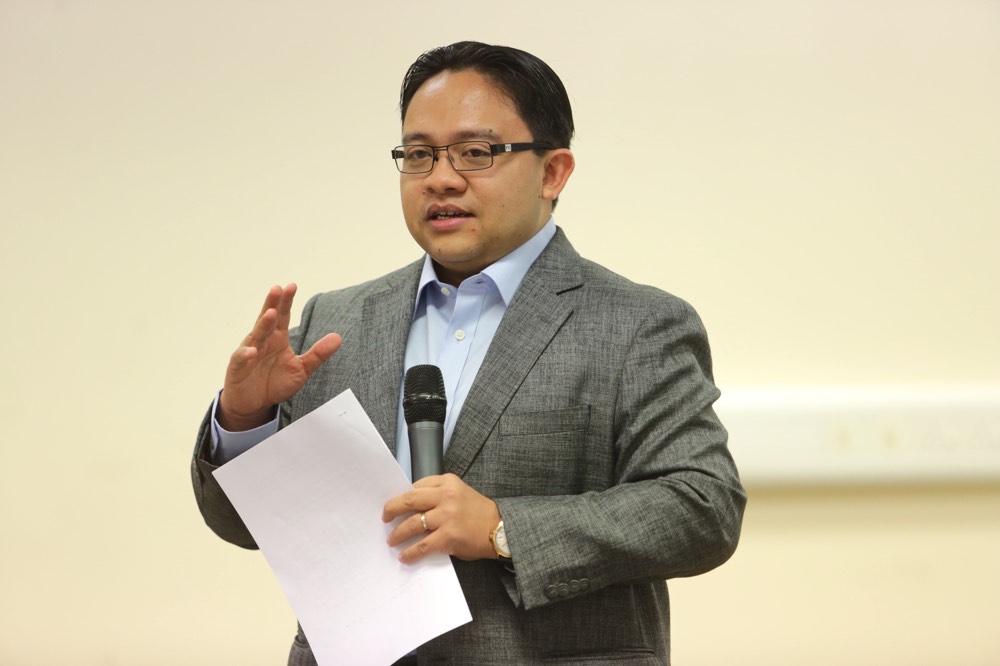KUALA LUMPUR, Oct 15 — PAS’ cooperation with Perkasa will only benefit the Islamist opposition party in the rural east coast, as the move will alienate non-Malay voters in urban areas, analysts said.
Institute for Democracy and Economic Affairs (IDEAS) CEO Wan Saiful Wan Jan said racial and religious campaigning may work in the next general election, due by 2018, but noted that such a strategy will not work in the long run as voters become more educated.
“PAS is positioning themselves to be exactly like what Umno is,” Wan Saiful told Malay Mail Online.
“If they win, it’ll be in Kelantan, Terengganu and Kedah, but if you look at the way the country is moving today, when people have access to knowledge and information, people are moving away from an ethno-religious mindset,” the political analyst added.
PAS and Perkasa announced Tuesday the start of their formal working relationship on three issues: the 1Malaysia Development Berhad controversy, the recent detentions under the Security Offences (Special Measures) Act and the Trans-Pacific Partnership Agreement.
PAS president Datuk Seri Abdul Hadi Awang’s political secretary Dr Ahmad Samsuri Mokhtar, however, was quick to clarify that the Islamist party did not enter a “formal cooperation” with Perkasa, but merely “agreed” on those three issues.
Perkasa is linked to Malay ruling party Umno, though the non-governmental organisation has been speaking up against the current administration in the wake of former leader Tun Dr Mahathir Mohamad’s attacks against incumbent Prime Minister Datuk Seri Najib Razak.
Merdeka Center director Ibrahim Suffian said PAS appeared to be trying to gain an advantage over Umno by attempting to acquire the Malay nationalist party’s extreme right-wing support.
While Perkasa styles itself as a Malay national group, others see it as leaning to the right, especially after its president Datuk Ibrahim Ali allegedly threatened in 2013 to burn Malay-language bibles containing the word “Allah”, an Arabic term for God.
“I don’t think this move will yield much in the way of seats for PAS. Umno is already pretty right-wing now and it’s in power. I am not sure what PAS can offer to the fans of Perkasa than what Umno can,” Ibrahim told Malay Mail Online.
The political pundit also noted that PAS’ move to forge an alliance with Perkasa would make it difficult for the Islamist party to work with other opposition parties.
“This move will also complicate PAS in states like Selangor where they won seats with sizable support of non-Malays/ non-Muslims. In order to improve its position, PAS really should move closer and establish formal cooperation with Umno so that it can improve its electoral chances in GE14.
“It’s not likely PAS will do well outside of Kelantan and Terengganu in a three-corner fight with Umno and the rest of the opposition,” he added.
Dr Oh Ei Sun, senior fellow at S. Rajaratnam School of International Studies at Singapore’s Nanyang Technological University, said PAS was trying to show its independence, even as the Islamist party refused to work with newly-formed opposition pact Pakatan Harapan that comprises PKR, DAP and PAS splinter group Amanah.
“By disassociating themselves from PR, they could gain better political credentials in the rural seats, which was their traditional forte, and where a majority of parliamentary seats lie,” he said, using the abbreviation for Pakatan Rakyat, the now defunct pact comprising PAS, PKR and DAP formed just after Election 2008.
“In urban seats, PH still simply could not match PAS’ grassroots machinery for mobilisation of voters, so PAS conceivably can still squeeze by,” Oh told Malay Mail Online.



















